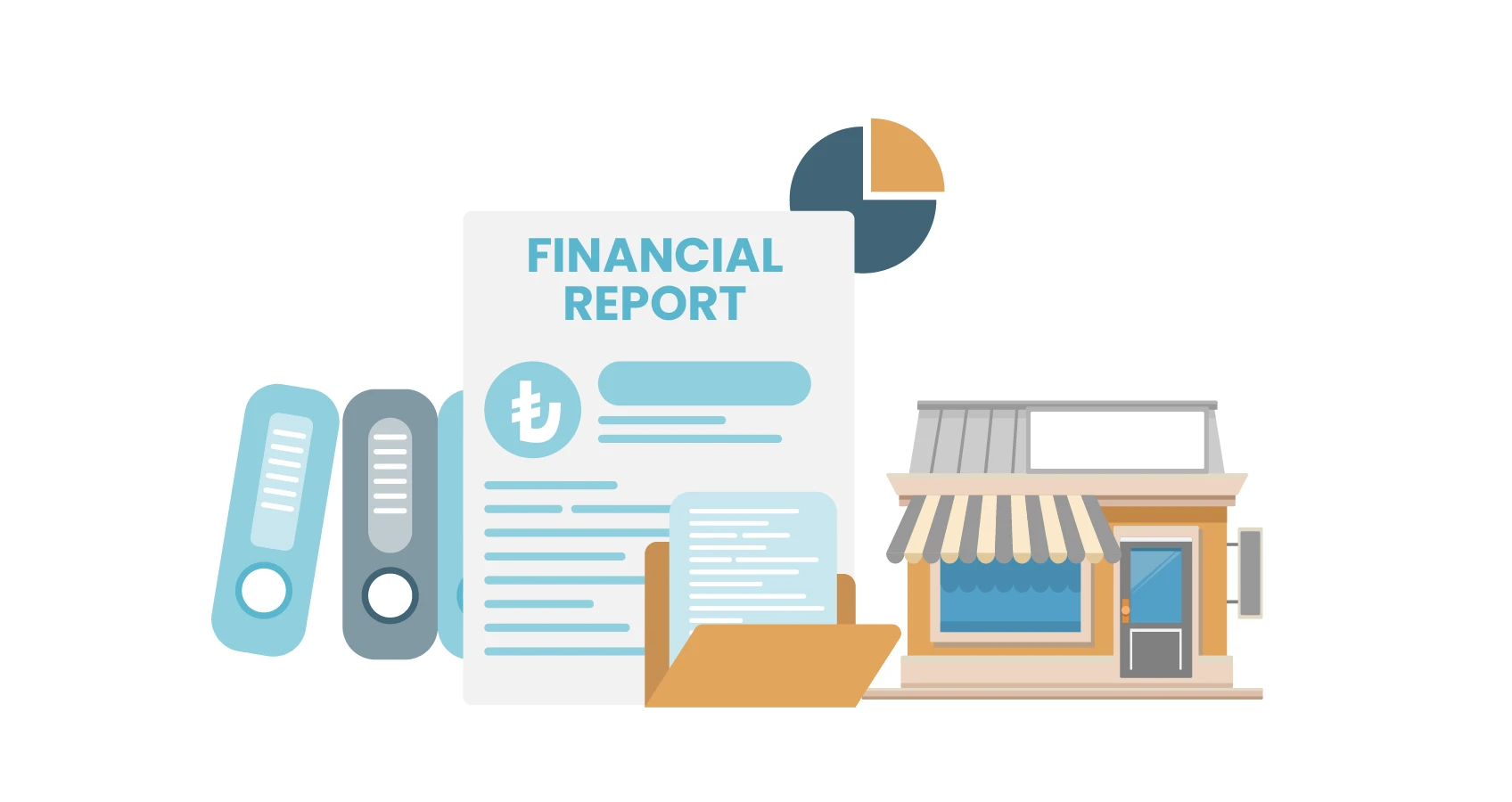Electronic Commerce Law Has Been Amended

The Law on Amending the Law on the Regulation of Electronic Commerce was published in the Official Gazette dated 07.07.2022 and numbered 31889. The relevant regulations bring fundamental changes in the E-Commerce Law No. 6563 ("Law").
What is Electronic Commerce?
Electronic commerce is the name given to the type of commerce in which services and products are brought together with consumers through online channels. In the Law, it is defined as all kinds of online economic and commercial activities carried out in electronic environment without physical confrontation.
In this context, the Law covers commercial communication, the responsibilities of service providers and intermediary service providers, the contracts made with electronic communication tools and the obligations to provide information regarding electronic commerce and the sanctions to be applied.
What Does Change Bring?
- Travel Agency and Travel Agencies Association Law, Turkish Civil Aviation Law, Private Pension Savings and Investment System Law, Banking Law, Insurance Law, Financial Leasing, Factoring, Financing and Savings and Finance Companies Law, Capital Market Law, Payment and Securities Reconciliation Systems, Payment Services and Electronic Money Institutions Law and Electronic Communications Law, and those whose establishment and activities are regulated and authorized and exclusively authorized in accordance with these laws, and the Law on the Regulation of Taxes, Funds and Shares Received from Games of Chance Proceeds, in subparagraph (ç) of the first paragraph of Article 3 there is a regulation stating that those defined and those operating exclusively in the field of chance and betting games within the scope of their authorization will not be accepted as electronic commerce intermediary service providers or electronic commerce service providers.
- Two of the new concepts added to the Law which are "electronic commerce intermediary service provider" and "electronic commerce service provider". In this respect, businesses operating in the fields of civil aviation, travel agency, private pension, banking, insurance, financing, capital markets, payment services, betting and games of chance, and electronic communication are excluded from the scope of these concepts. In addition, concepts such as "electronic commerce marketplace" and "electronic commerce environment" were added to the Law.
- In the Law, the issues to be considered as unfair commercial practices are counted, and in this way, the issues aimed at preventing the electronic commerce tool service provider from misusing the dominant party status against the electronic commerce service provider are counted as unfair commercial practices.
- With the changes in Law, the obligations of the electronic commerce intermediary service provider and the electronic commerce service provider are regulated.
- E-commerce license is regulated in the Law. In this context, the e-commerce intermediary service provider, whose net transaction volume in a calendar year is over 10 billion Turkish lira and the number of transactions excluding cancellations and returns is over 100 thousand, has to obtain a license from the Republic of Türkiye Ministry of Trade and renew its license in order to continue its activities. It has been regulated that the obligation to obtain a license must be fulfilled as of 01.01.2025.
- The license fee will be collected in advance by the Republic of Türkiye Ministry of Trade from the e-commerce intermediary service providers in proportion to their net transaction volumes realized in the previous calendar year in their e-commerce marketplaces, and the monetary thresholds are based on the annual rate of change of the e-commerce volume calculated using ETBIS data every year. is set to be increased.
- In the calculation of the license fee, the sales made abroad through the electronic commerce marketplaces of the e-commerce intermediary service provider and the e-commerce intermediary service providers with which they are in economic integrity will not be included in the calculation.
- In the regulation, it is regulated that the intermediary service provider shall not be liable for unlawful matters related to the content offered by the service provider and the goods or services subject to the content, unless there is a contrary provision in other laws. Although the e-commerce intermediary service provider is not responsible for the illegal content, if it is aware that the content offered by the e-commerce service provider is unlawful, it will remove this content without delay and notify the relevant public institutions and organizations about the unlawful matter.
- With the amendment, the Republic of Türkiye Ministry of Trade is authorized to ensure the development of e-commerce, to maintain an effective and fair competition environment, and to regulate the activities of service providers and intermediary service providers. Accordingly, the Republic of Türkiye Ministry of Trade is authorized to receive the information of natural or legal persons who send commercial e-mails via voice call and short message from the Information Technologies and Communication Authority.
Regulations Regarding Adaptation Provisions
Electronic commerce intermediary service providers, which are among their obligations, are prohibited from offering for sale goods that bear the brand of themselves or those with whom they have economic integrity, or for which they have the right to use the trademark, or to act as an intermediary in the sale of these goods in electronic commerce marketplaces where intermediary services are offered,
Electronic commerce intermediary service providers with a net transaction volume of 60 billion Turkish lira in a calendar year and over 100 thousand transactions excluding cancellations and refunds are subject to the obligations imposed on them, as well as the prohibitions on providing goods transportation, freight forwarding and postal service provider services as defined in the continuation of the paragraph and it is regulated that they are obliged to comply until 01.01.2024.
It has been regulated that the relevant provisions of the brokerage agreements made before 01.01.2024 and which are not brought into compliance with the Law within 6 months from this date will also be void.
Should you have any queries or need further details, please contact your customer representative.
-
-
Notification!




